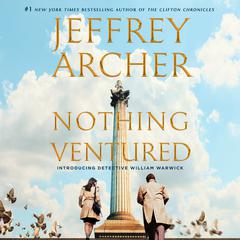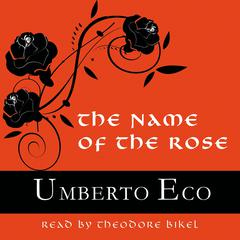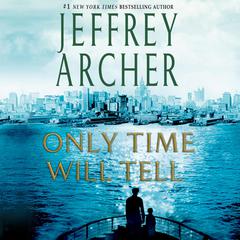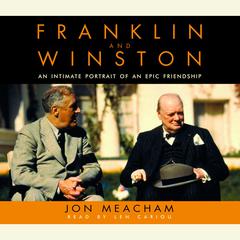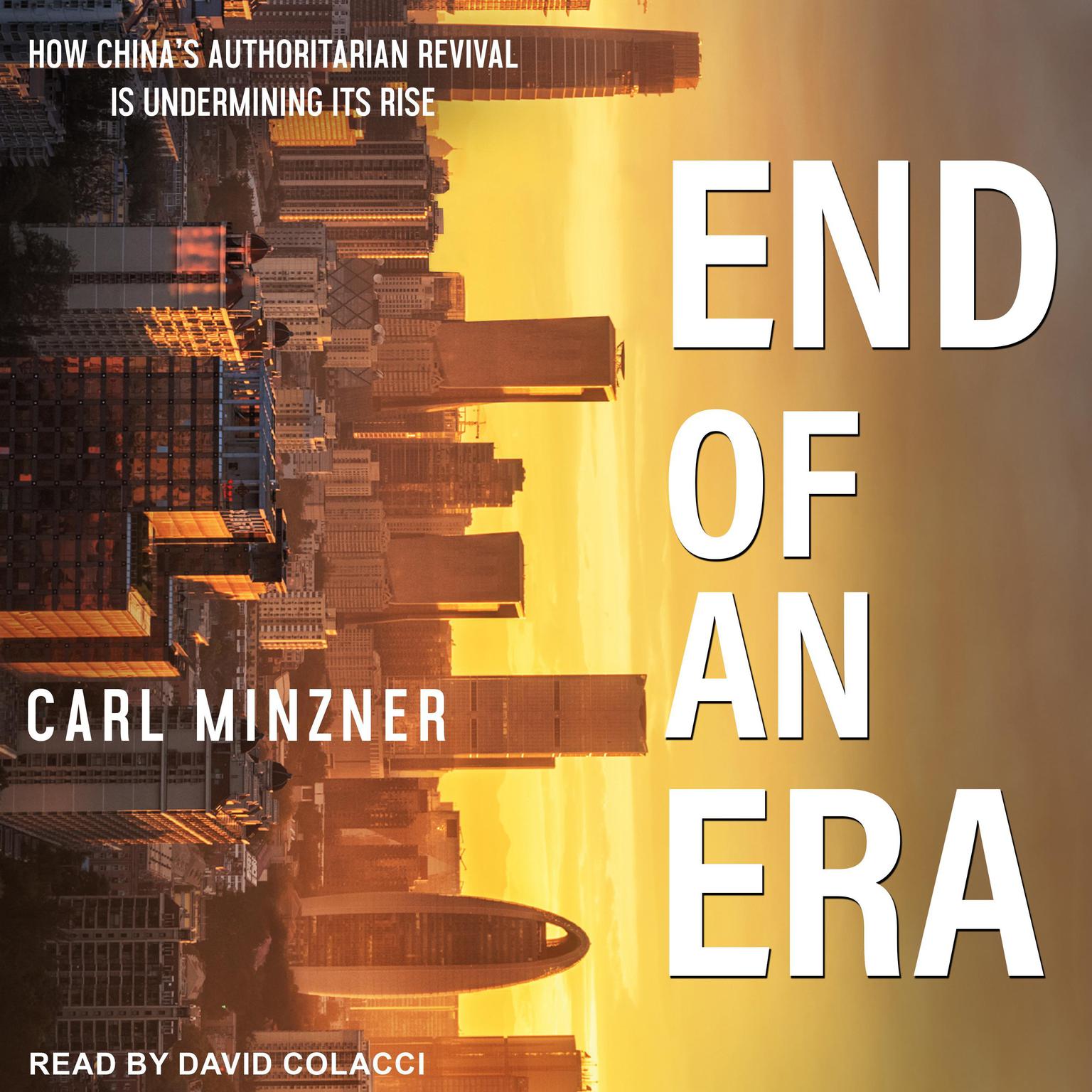 Play Audiobook Sample
Play Audiobook Sample
End of an Era: How China's Authoritarian Revival is Undermining Its Rise Audiobook
 Play Audiobook Sample
Play Audiobook Sample
Quick Stats About this Audiobook
Total Audiobook Chapters:
Longest Chapter Length:
Shortest Chapter Length:
Average Chapter Length:
Audiobooks by this Author:
Publisher Description
China's reform era is ending. Core factors that characterized it—political stability, ideological openness, and rapid economic growth—are unraveling.
Since the 1990s, Beijing's leaders have firmly rejected any fundamental reform of their authoritarian one-party political system, even as a decades-long boom has reshaped China's economy and society. On the surface, their efforts have been a success. Political turmoil has toppled former Communist East bloc regimes, internal unrest overtaken Middle East nations, and populist movements risen to challenge established Western democracies. China, in contrast, has appeared a relative haven of stability and growth.
But as Carl Minzner shows, a closer look at China's reform era reveals a different truth. Over the past three decades, a frozen political system has fueled both the rise of entrenched interests within the Communist Party itself, and the systematic underdevelopment of institutions of governance among state and society at large. Economic cleavages have widened. Social unrest has worsened. Ideological polarization has deepened.
Now, to address these looming problems, China's leaders are progressively cannibalizing institutional norms and practices that have formed the bedrock of the regime's stability in the reform era.
Download and start listening now!
End of an Era Listener Reviews
Be the first to write a review about this audiobook!
About Carl Minzner
Carl Minzner is professor of law at Fordham Law School. He is an expert in Chinese law and governance, and has written extensively on these topics in both academic journals and the popular press.
About David Colacci
David Colacci is an actor and director who has directed and performed in prominent theaters nationwide. His credits include roles from Shakespeare to Albee, as well as extensive work on new plays. As a narrator, he has won numerous Earphones Awards, earned Audie Award nominations, and been included in Best Audio of the Year lists by such publications as Publishers Weekly, AudioFile magazine, and Library Journal. He was a resident actor and director with the Cleveland Play House for eight years and has been artistic director of the Hope Summer Rep Theater since 1992.








